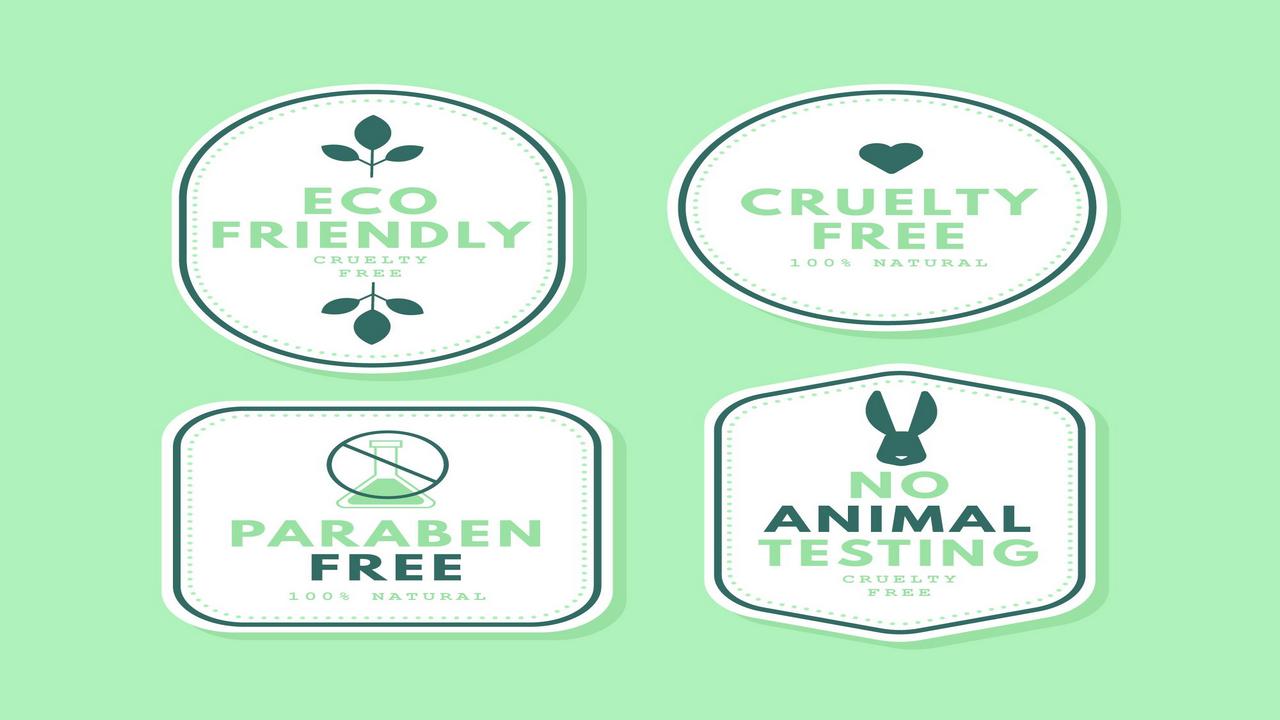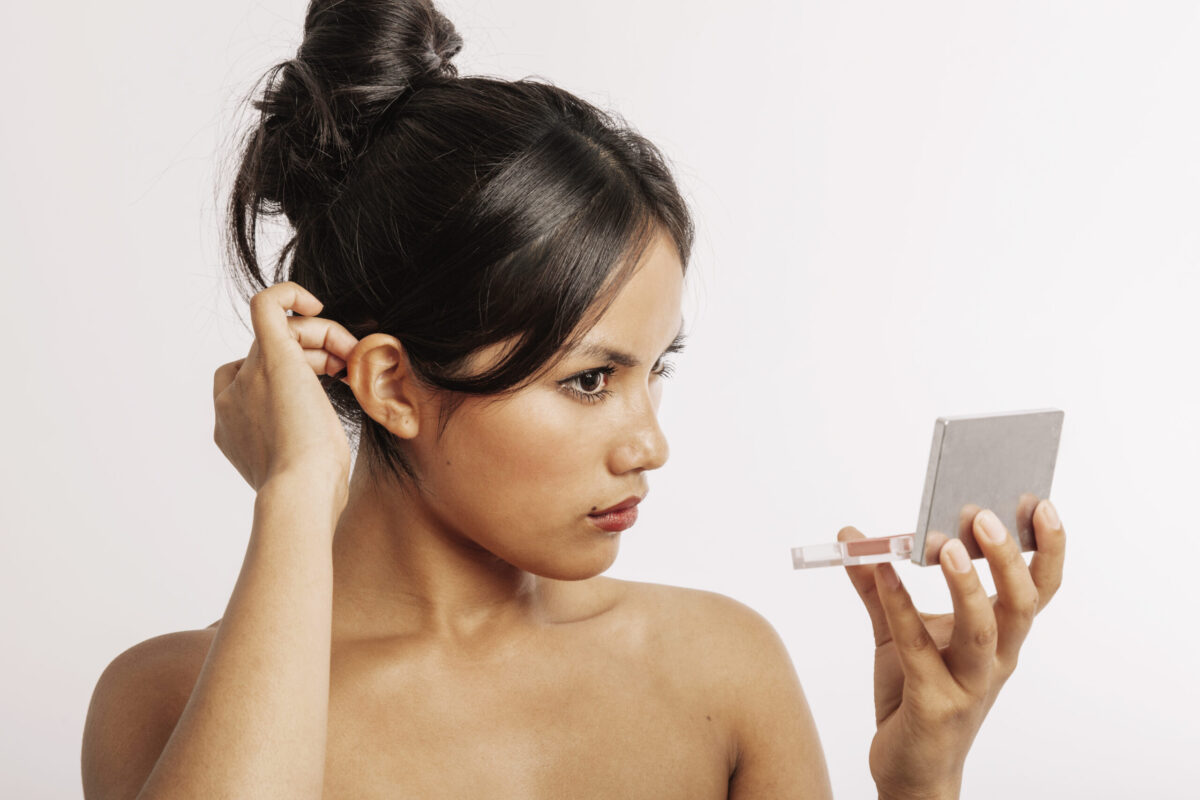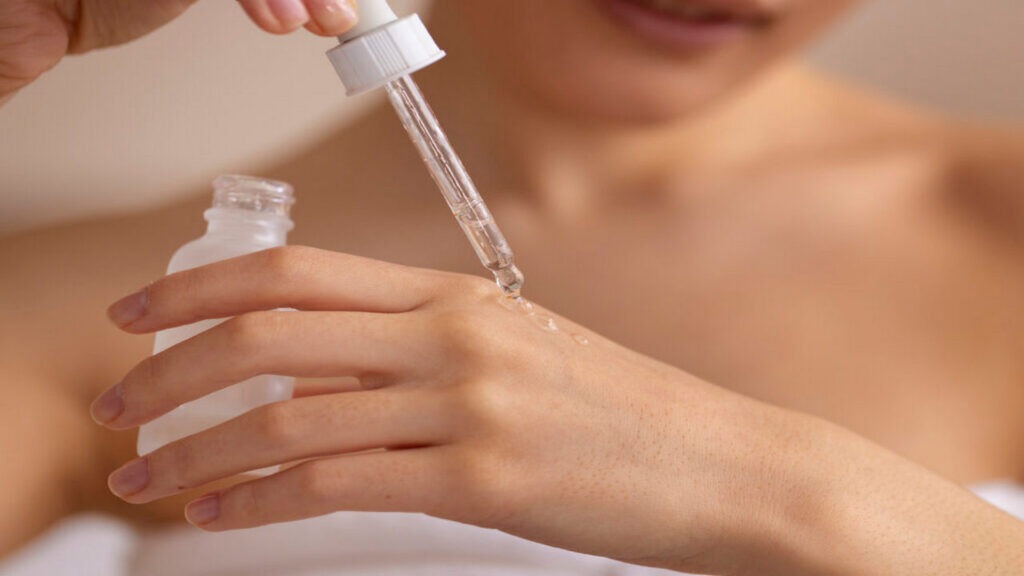Introduction
You go to any of the skincare or makeup aisles, and will notice dozens of packets screaming that they are parabens-free. The beauty industry has been arguing over the years whether or not parabens are either friendly or enemies. They are viewed by some as a destructive chemical that they shouldn’t be anywhere near your skin and by others they are one of the most misrepresented ingredients in a cosmetic product.
So, what’s the real story? Now let us dissect the question of what parabens are and the reasons why they are used or why they are demonized and even whether it makes sense to remove them out of your beauty products.

What Are Parabens?
In fact, parabens are a family of artificial preservatives that are commonly applied in cosmetics and skincares and, to some food, as preservatives. They keep bacteria, yeast, and mold out of the picture-in other words keeping your favorite moisturizer or foundation safe to use months without going bad.
Usual forms are ethylparaben, propylparaben, methylparaben, and butylparaben. They are almost one hundred years old and have been meaningful in terms of increasing product shelf life.
Why Are Parabens Used in Skincare and Makeup?
Or suppose you purchase a cream, and discover it developing molds after one week. Not appealing, right? This is precisely the reason why they are available–they cushions products against contamination.
They are applied as a lotion, serum in skincare, cleansers as well as in sunscreens. They can be seen in makeup in mascara, lipstick, foundation and powders. Their work is easy, keep products fresh, safe and useful on a daily basis.
Why Parabens Are Considered Harmful (The Culprit Factor)
It is at this point that the controversy starts. It has been proposed through studies that it can resemble estrogen and Bobst because their hormone-like activity is not too strong. This raised the doubts of connection with breast cancer, fertility problems and other health dangers.
What is note though is that the vast majority of these fears are based on studies that utilized parabens at far higher concentrations than in the realm of cosmetics. Government agencies such as the FDA and the European Commission have examined the evidence and at present may deem them safe in small concentration.
Nevertheless, the anxiety of consumers has compelled various brands to decouple themselves with parabens labeling them as toxic to promote it.
Why Omitting Parabens Completely Doesn’t Always Make Sense
Going full paraben-free has a safer tone, yet it is not necessarily the way. A spoiled product would easily develop bacteria which may lead to more harm than parabens ever would to your skin without keeping them preserved.
Newer alternatives such as natural preservatives or phenoxyethanol are gaining popularity and can lack stability and research. In other instances, companies are forced to employ several preservatives in a bid to do the work parabens was so easily doing. This has a potential of raising risk of irritation.
Common Myths vs. Facts About Parabens
Myth 1: Parabens always cause cancer.
Fact: There is no sufficient levels of proving that they are hallmark regulatory agents of cancer. There are regulatory authorities that keep using safe limits.
Myth 2: Natural products don’t need preservatives.
Facts: even natural products deteriorate and the growth of bacteria is not always beneficial to the skin you have.
Myth 3: All parabens are equally harmful.
Facts: Not every one is the same. Methylparaben, a short-chain paraben is believed to be a lot safer and less biologically active.
Myth 4: Paraben-free means better.
True: Parben-free does not necessarily mean safe–it is usually simply a substitute preservative.
Parabens in Skincare Products
Since the face wash all the way to anti aging cream, they have found their way into skincare over decades. They make sure the costly serum you purchased is not the basis of bacteria breeding. This is because even in cases of senate skin some of the alternative paraben-free products are in fact harsher.
Dermatologists tend to claim that unmanageable individuals can be exposed to much more danger of the spoiled skincare than they can be exposed to the minuscule dangers related to parabens in controlled dosages.
Parabens in Makeup
Your foundation and mascara come into contact with your skin and eyes everyday. Preservatives are particularly vital to these products because they are highly likely to be contaminated.They also assure your makeup is stable and safe, and therefore, there is no risk of contracting any diseases, such as conjunctivitis.
The new trend with many makeup brands is writing on the labels, paraben-free, although this does not necessarily mean healthier, it just happens that another preservative is in use now.
Current Industry Trends
As consumer needs increase in the area of Clean beauty, brands compete as fast as possible in eliminating them and replacing them with something that is not a problem. A buzz phrase now being used as a marketing tactic is Paraben-free as this declares a customer safe despite the lack of full scientific backing against parabens.
This has also driven up the natural preservatives such as essential oils and organic acids although they tend to have shorter shelf life.
The Future of Parabens in Beauty
Although a lot of companies are abandoning them, they are continuing to do research. Other experts include the fact that, they can reappear once the customers learn about the trade-offs. In the meantime, we will still find some products with paraben-free and those off-the-test that still utilise this proven innovator.
Conclusion
One of the misconstrued ingredients of beauty is parabens. Although alarm bells concerning the hormone disruption led to arousal in fears, the evidence does not substantiate claims that they are as dangerous as the headlines would suggest.
It is not always the necessity to avoid parabens completely, but it is important to know what lies within your skincare and makeup. Rather than intimidation of a label, it is better to find out the purpose, calculate the dangers and advantages, and opt to use the products that fit the comfort zone.

